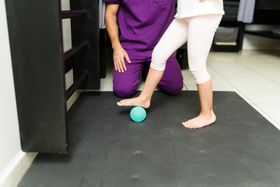5 Effective Home Remedies for Burning Feet Syndrome
Updated December 9, 2024.

Burning feet or Grierson-Gopalan syndrome causes a burning pain in the soles of the feet and a noticeable increase in skin temperature. Symptoms range from mild to severe discomfort and can be intermittent or constant.
Burning feet syndrome can cause a worsening burning sensation at night and may be caused by various health conditions or unknown reasons, often from nerve damage in the feet. Examples of contributing conditions include diabetes, vitamin B12 deficiency, renal failure, and underactive thyroid function. Treatment for the underlying cause is crucial to slow the syndrome's progression and manage symptoms for normal daily activities and restful sleep.
» Can orthotics help you manage burning feet syndrome? Browse Upstep's range of custom orthotics to find the perfect fit to relieve the pressure on your feet and provide support.
Symptoms of Burning Feet Syndrome
- Burning sensation usually in the soles of the feet and, in severe cases, across the top of the foot and lower leg
- Hot and painful feet
- Feeling of heaviness or numbness in the feet
- Dull ache in the feet
- Worsening of symptoms at night
- Symptoms improve during the day
- Increased sweating
- Changes in skin color, usually in the form of red spots
Are There Effective Home Remedies for Burning Feet Syndrome?
The following home remedies or treatments for burning feet may prove helpful in managing the symptoms you may experience on a daily basis:
- Custom orthotics These may prove to be an effective way to manage the symptoms you experience on a daily basis by providing the soles of your feet with a supportive and cushioned surface to move off of. This will reduce any areas of increased pressure in the sole of the foot.
- Soaking the feet in cold water Doing this for approximately 15 minutes at night can relieve the burning sensation and improve sleep. Avoid ice-cold water as this may aggravate your symptoms.
- Elevating the feet and legs This will provide pain relief in the feet and legs when resting or at the end of the day as it may reduce any painful swelling.
- Medication Prescription meds provided by a doctor can treat any underlying health condition that may be causing burning feet syndrome. Anti-inflammatory drugs, anti-seizure, and antidepressant medications may help treat symptoms associated with burning feet syndrome and chronic pain. Anti-fungal medication can be prescribed to treat fungal infections associated with burning feet syndrome, such as athlete's foot.
- Topical creams or ointments Similar to prescription meds, these can also provide relief from the burning pain sensation caused by this syndrome. Creams are applied directly to the foot using a gentle massage technique.
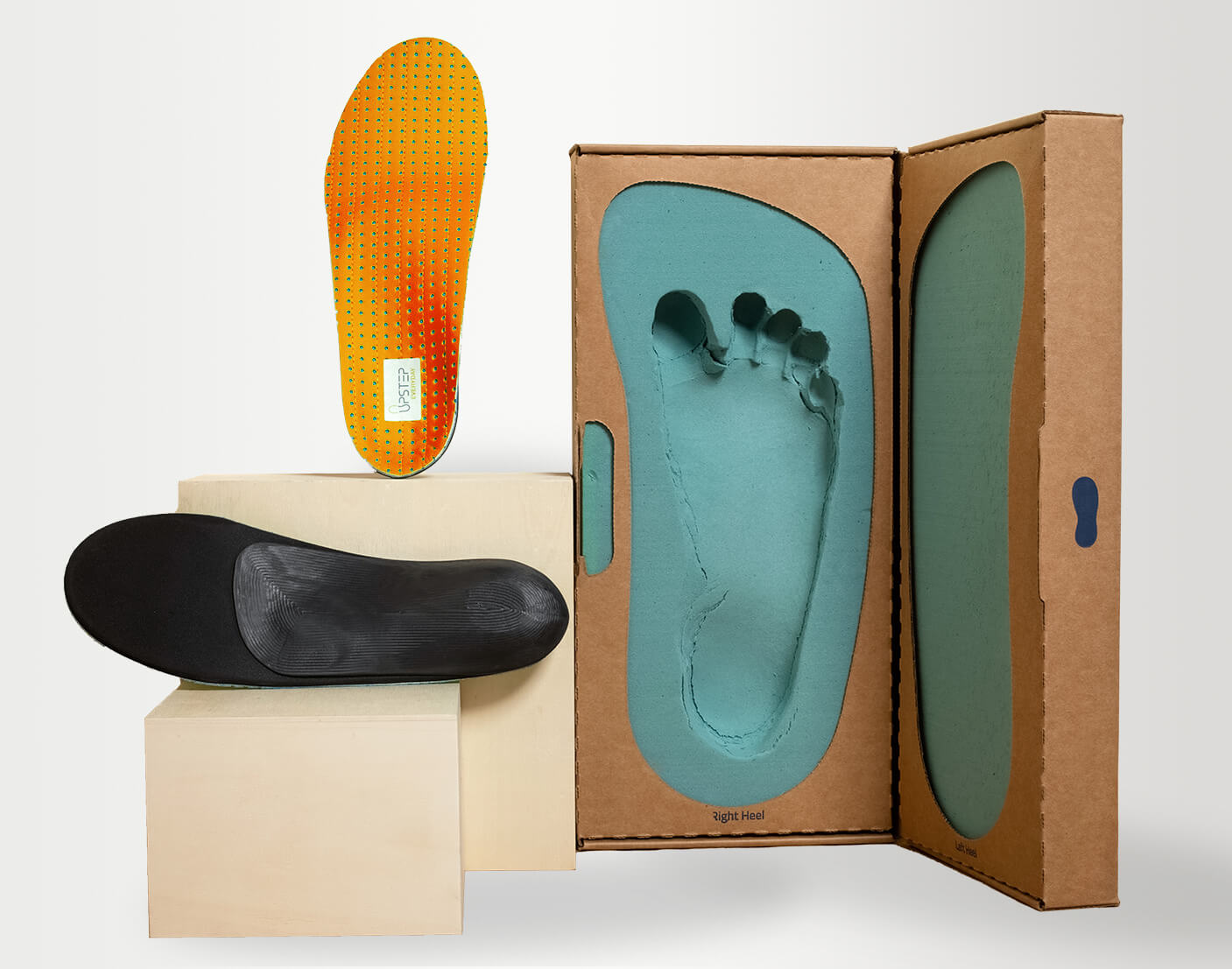
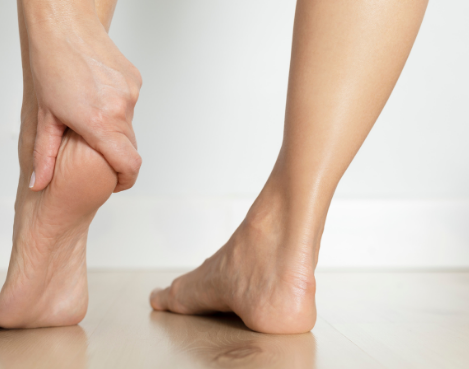
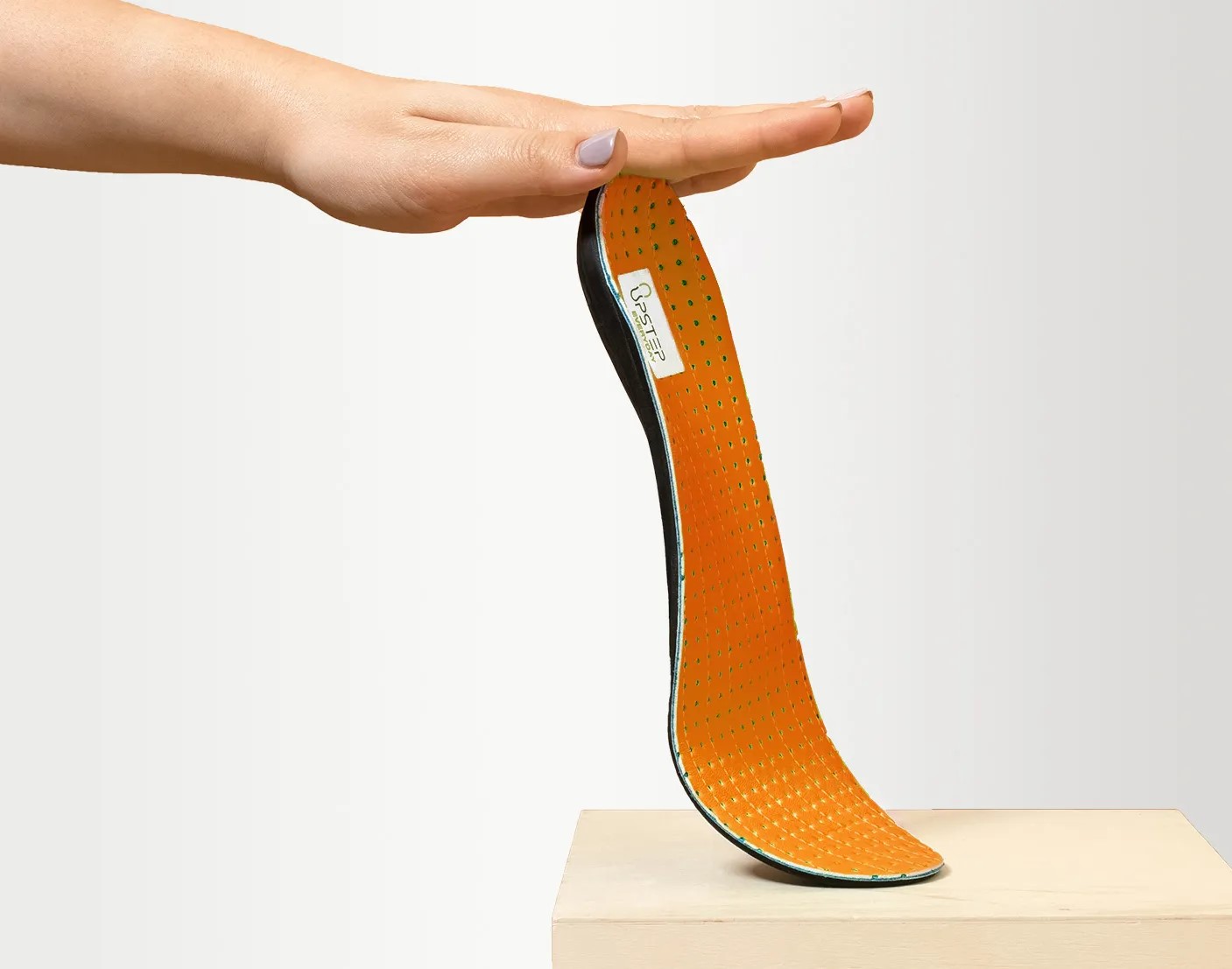

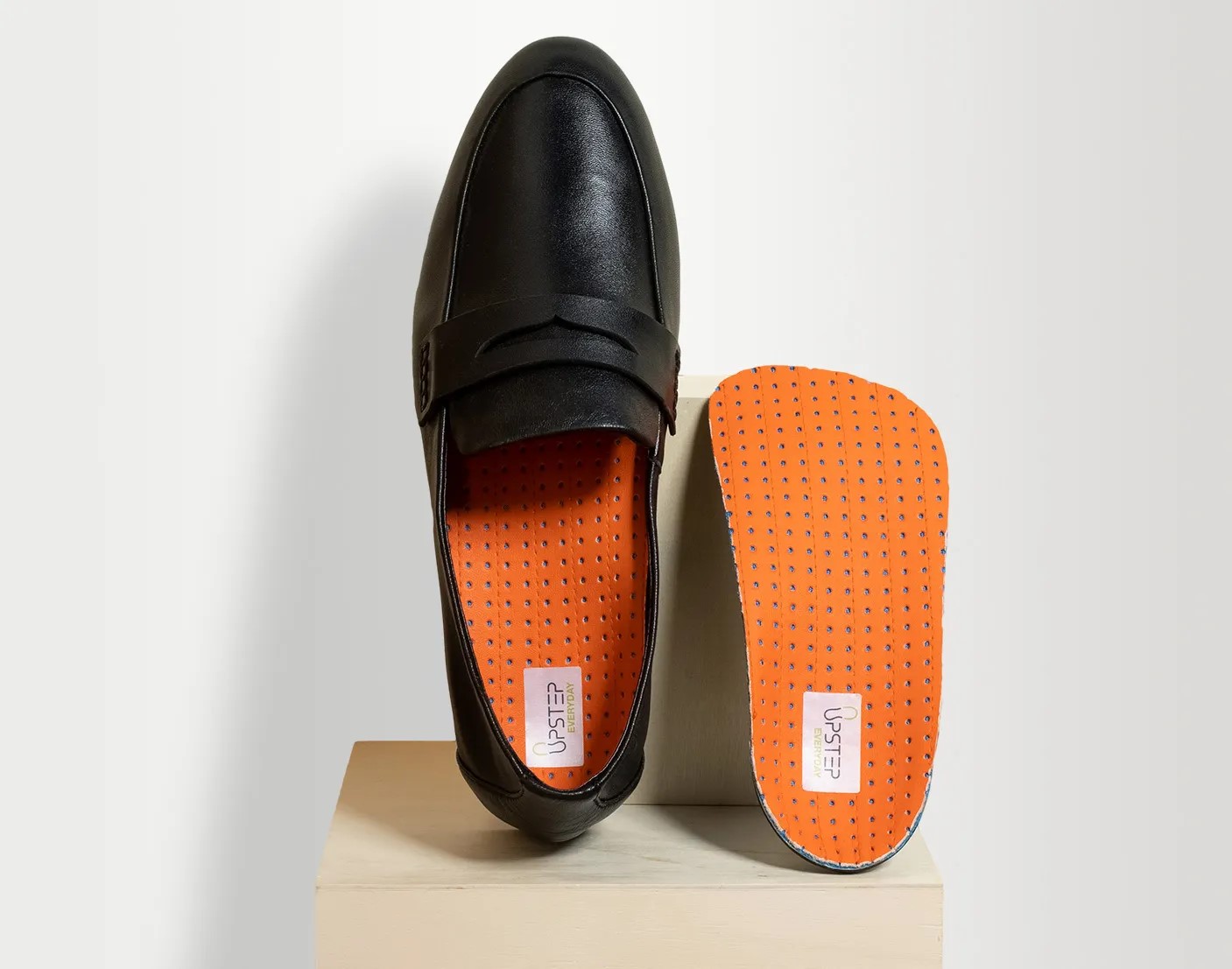
Preventing Burning Feet Syndrome
Managing the health conditions and lifestyle components contributing to the worsening of the syndrome will be helpful in slowing it down as you age, among other factors, such as the following:
- Manage metabolic disorders Metabolic disorders such as diabetes can lead to nerve damage. Ensuring blood-sugar levels are controlled using insulin and a balanced diet will prove to be effective in reducing symptoms of neuropathy in the feet and other future complications arising.
- Manage autoimmune disorders Managing autoimmune disorders such as rheumatoid arthritis can reduce the risk of developing burning feet syndrome.
- Drink less alcohol Reducing alcohol intake limits damage caused to the nerves of the feet, otherwise known as alcoholic neuropathy.
- Prevent vitamin deficiencies A vitamin B12 deficiency can lead to nerve damage in the feet. Vitamin B12 supplements can increase these levels in the body and protect the nerves from further damage.
- Be wary of heat damage Reduce the amount of heat your feet may be exposed to. Be aware that you may not feel your skin burning in hot water or close to a heat source due to the nerve damage present in your feet.
- Exercise the right amount Extended periods of physical activity could aggravate symptoms associated with burning feet syndrome. Ensuring footwear is adequate and not tight-fitting should reduce your chances of aggravating your symptoms.
- Wear comfortable and supportive shoes Ensuring footwear is adequate and not tight-fitting should reduce your chances of aggravating your symptoms.
- Examine your feet daily Examine your feet daily for signs of infection or injury, which will ensure that any reasons for concern will be identified early on and managed correctly, thus preventing possible complications. Regular examinations of the foot in people with conditions such as diabetes and rheumatoid arthritis are essential.
In severe cases in which the burning sensation is unbearable and limits daily activity, consult with a medical professional regarding other pain management strategies such as medication. Should your symptoms progressively get worse, consult with a podiatrist or medical professional to identify the cause and an appropriate treatment method for Grierson-Gopalan syndrome to help you.




